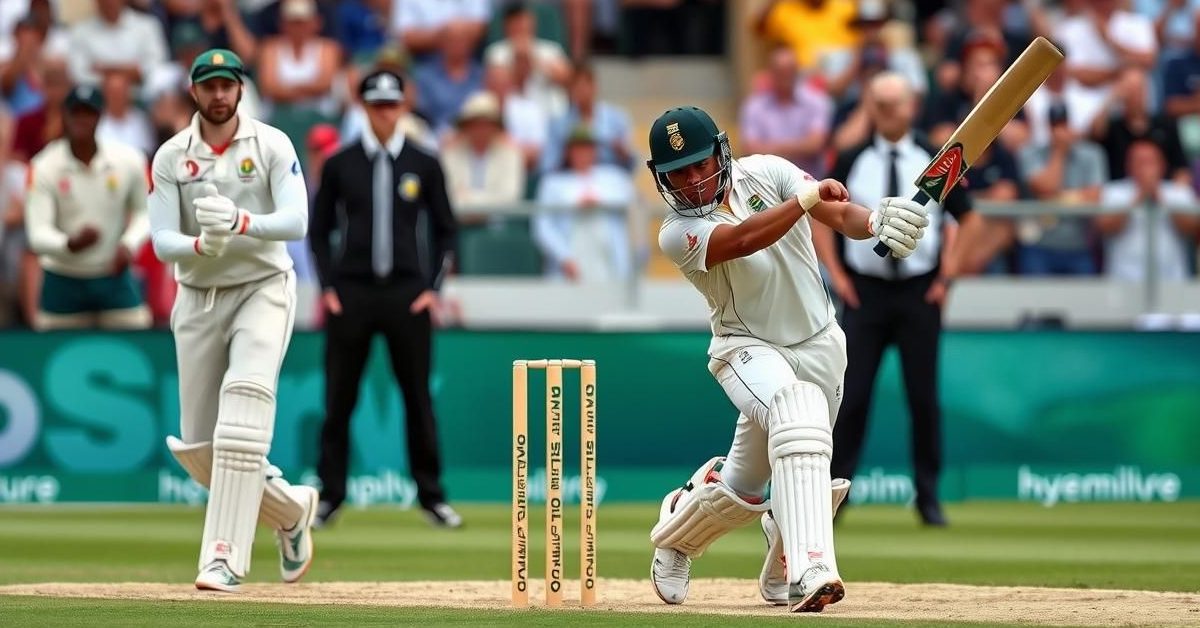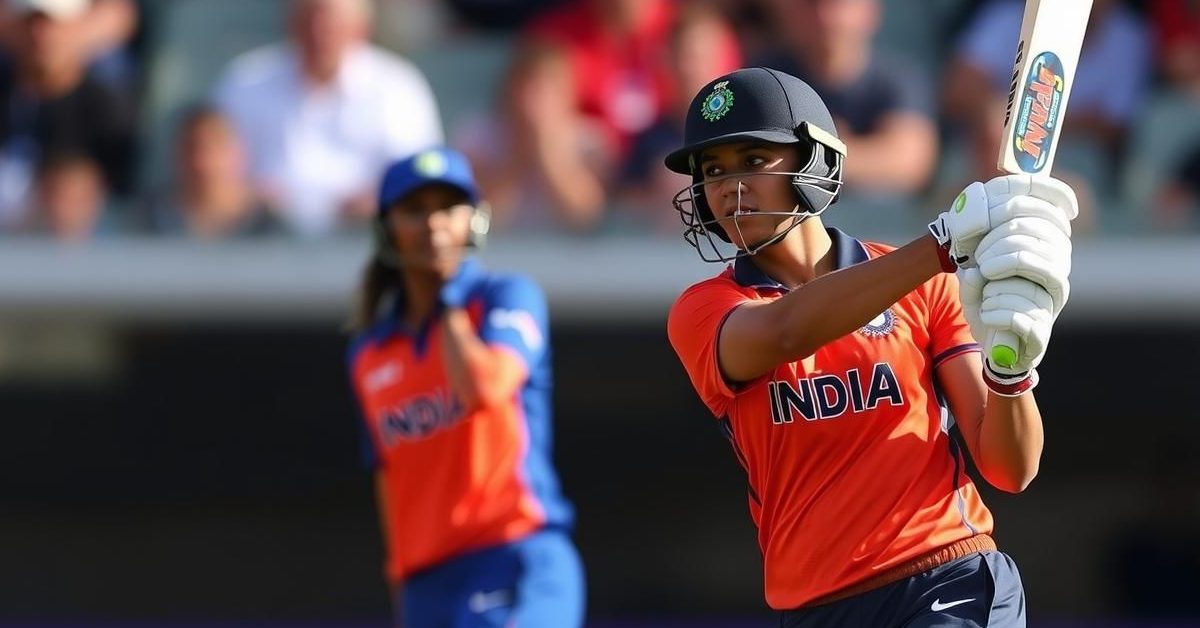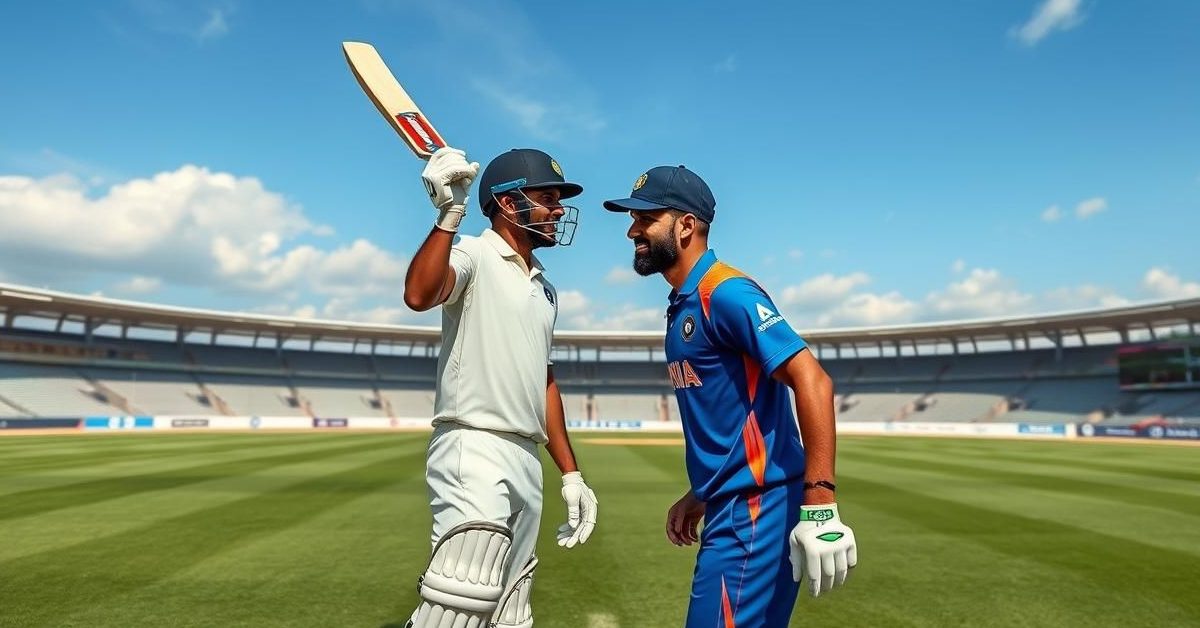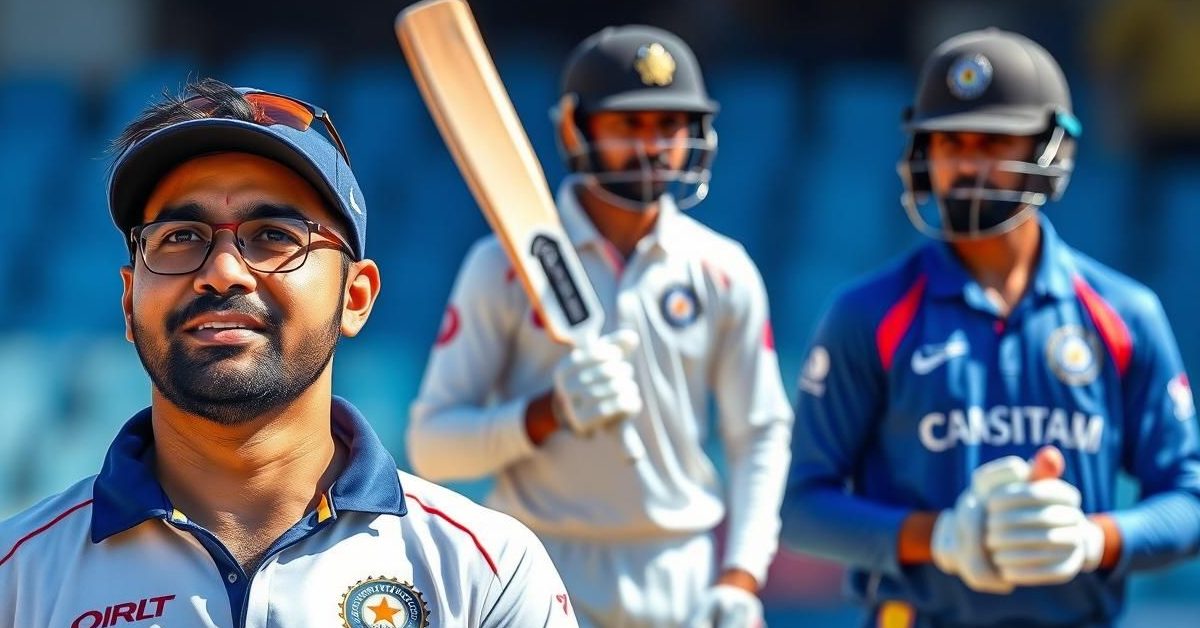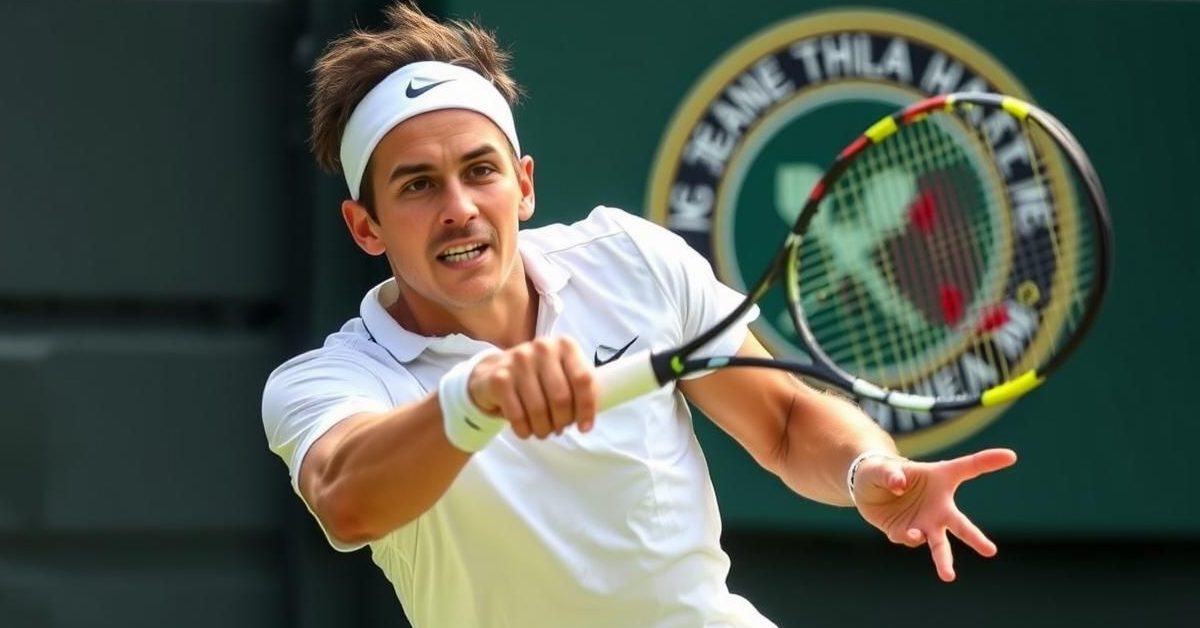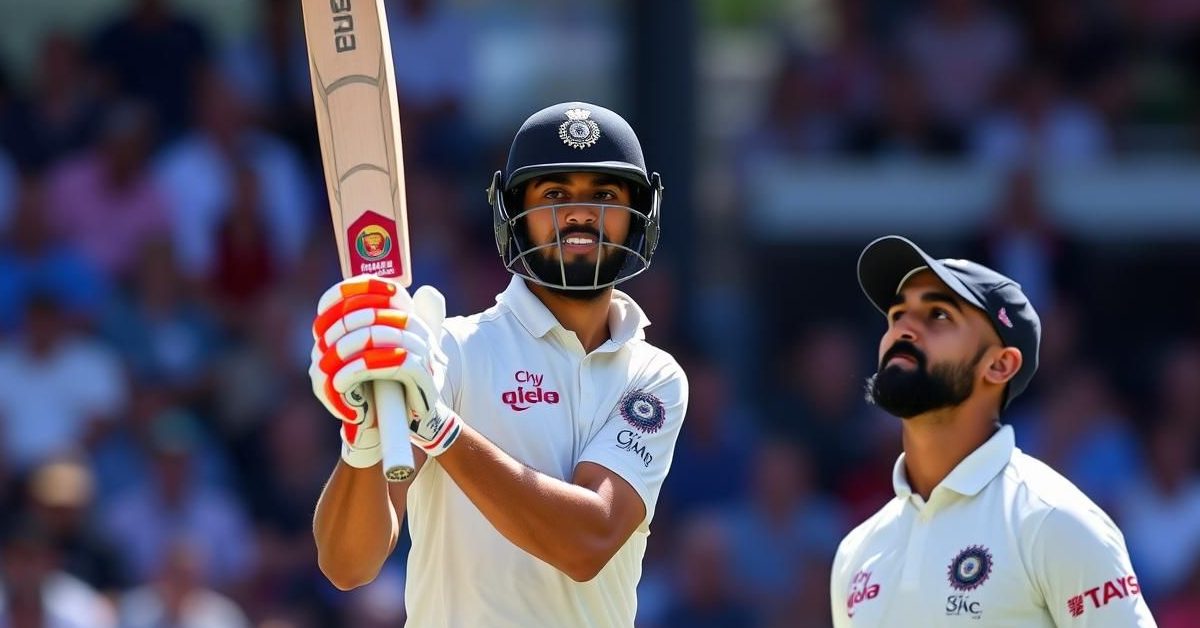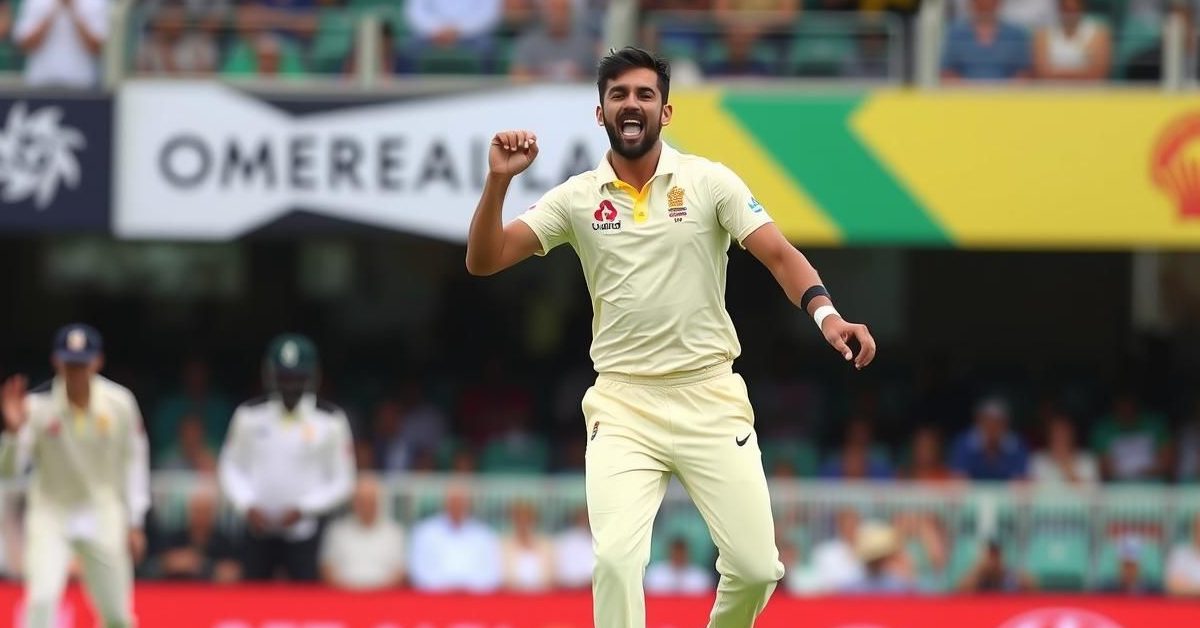Umpiring Under Fire: West Indies’ Fury Over Controversial Decisions in Bridgetown Test
The opening Test between the West Indies and Australia in the picturesque setting of Bridgetown, Barbados, was expected to deliver thrilling cricketing action. Instead, just two days into the hotly contested match, the focus has dramatically shifted from fierce competition to a deeply unsettling series of umpiring decisions. A staggering five calls have ignited a firestorm of debate, leaving the West Indies camp visibly frustrated and raising serious questions about consistency in the Decision Review System (DRS).
Day 1 Drama: Travis Head’s Elusive Edge and the ‘Not Out’ Verdict
The first flashpoint arrived on Day 1. Australian batter Travis Head appeared to have edged a delivery from the promising fast bowler Shamar Joseph. West Indies wicketkeeper Shai Hope claimed a clean catch behind the stumps, sparking a confident appeal. On-field umpire Richard Kettleborough initially gave it out, but the decision was swiftly sent upstairs for review. To the collective gasp of the West Indies players and fans, third umpire Adrian Holdstock ruled Head not out. His reasoning? A lack of “clear evidence” that Hope had completed the catch cleanly. This pivotal moment denied the Windies a crucial early breakthrough, setting a contentious tone for the match.
Day 2 Decisions: Roston Chase’s Rollercoaster of DRS Fortunes
Day 2 brought more drama, particularly for West Indies skipper Roston Chase, who found himself at the epicenter of two highly debatable LBW calls.
The first incident occurred in the very first over of the day. A delivery from Australian pace spearhead Josh Hazlewood seemed to strike Chase’s front pad. The Australians appealed vociferously for LBW, but on-field umpire Nitin Menon gave it not out. Australia immediately opted for a review. Replays showed a faint “spike” on UltraEdge as the ball passed Chase’s front pad, suggesting a potential inside edge. Despite Australian celebrations, Adrian Holdstock, the third umpire, incredibly asked the on-field umpire to stick with his original decision of not out, leaving the Aussies bewildered.
However, Chase’s luck was short-lived. Moments later, Australian captain Pat Cummins launched another LBW appeal, and this time, Richard Kettleborough’s finger went up. Chase, convinced he’d got an inside edge, sent it upstairs. While UltraEdge showed no clear spike, the ball appeared to deflect ever so slightly as it passed close to the bat. Yet, Holdstock deemed there was a clear gap between bat and ball, ruling Chase LBW. The inconsistency between the two decisions for the same player, under similar circumstances, was deeply unsettling for the West Indies.
The Shai Hope & Alex Carey Conundrum: A Catch Under Scrutiny
The controversy continued with another fielding decision involving Shai Hope, this time as the batter. Hope edged a delivery from Beau Webster, and Australian wicketkeeper Alex Carey made a spectacular diving effort to his left to complete the catch. Kettleborough, uncertain, referred it to the third umpire. Replays, especially slow-motion, seemed to indicate the ball might have brushed the ground just before settling into Carey’s gloves. Given the previous ‘lack of clear evidence’ ruling for Travis Head, many expected a ‘not out’ call. Astonishingly, Holdstock gave Hope out, sparking further outrage and raising questions about the interpretation of “clean catch.”
Cameron Green’s Lucky Escape: Another Close Call
The final significant point of contention involved Australian all-rounder Cameron Green. A delivery from Justin Greaves was reviewed by Roston Chase after on-field umpire Nitin Menon gave it not out for LBW. This was arguably the most complex decision of the lot. While there was a clear edge from Green, it was unclear whether the ball had struck the pad first. Despite the ambiguity and the string of previous contentious calls, Holdstock declared it not out, adding another layer of frustration for the West Indies.
Voices from the Dressing Room & Commentary Box: The Reactions Pour In
The palpable tension stemming from these decisions quickly spilled over into post-match comments and commentary box discussions.
Players and Coaches Speak Out: Calls for Consistency
Australian fast bowler Mitchell Starc, while diplomatic, acknowledged the contentious nature of the calls: “There’s been some interesting ones. A couple more (DRS calls) have gone against the West Indies than us. As players, you can only ask a question, we don’t use the technology to make the decision. It’s a grey area so it comes down to the perception of the officials.”
West Indies head coach Darren Sammy was far more direct, expressing his team’s deep frustration: “I just had a chat with the match referee trying to find some understanding of what the process is. We only hope for consistency in the decision making. When there’s doubt in something, just be consistent across the board. From the images that we’re seeing, the decisions are not fair enough for both teams. I’ve asked the match referee for a sit down. We’re all humans, mistakes will be made, I just want fairness.” Sammy’s plea for “fairness” and “consistency” resonated strongly.
Commentators Weigh In: Frustration and Analysis
The commentary panel also weighed in with strong opinions. Legendary West Indian commentator Ian Bishop, while attempting to remain objective, admitted, “Officiating is low-hanging fruit. What needs to happen here, when I put my emotions aside, the umpires perhaps need, and they probably do have a meeting after the day’s play, they will review these decisions and I think we may get better interpretations … you have to get that going forward. I think they would probably have learned a few things [by] looking at that.”
Fellow West Indian and former player Carlos Brathwaite didn’t mince words, famously quipping, “There are not many fans of [third umpire] Adrian Holdstock in the West Indies at the moment,” a sentiment widely shared among the regional fanbase. Samuel Badree echoed this frustration, lamenting, “It’s unfortunate, it really is unfortunate. It feels as though everything has gone against the West Indians.”
Even Australian commentator Greg Blewett acknowledged the lopsided nature of the decisions, stating, “I felt like the third umpire had some really tough decisions to make. A lot of them weren’t really clear decisions; it was down to a bit of interpretations. I think Australia got on the right end of the decisions.”
The sheer volume and controversial nature of these decisions have undoubtedly cast a shadow over what promises to be an enthralling Test series. As the first Test progresses, all eyes will be not just on the players, but also on the officials, hoping for a return to the consistent application of rules that cricket demands. The West Indies will be desperate for the focus to return to their on-field performance, rather than the perplexing calls from the umpire’s room.
